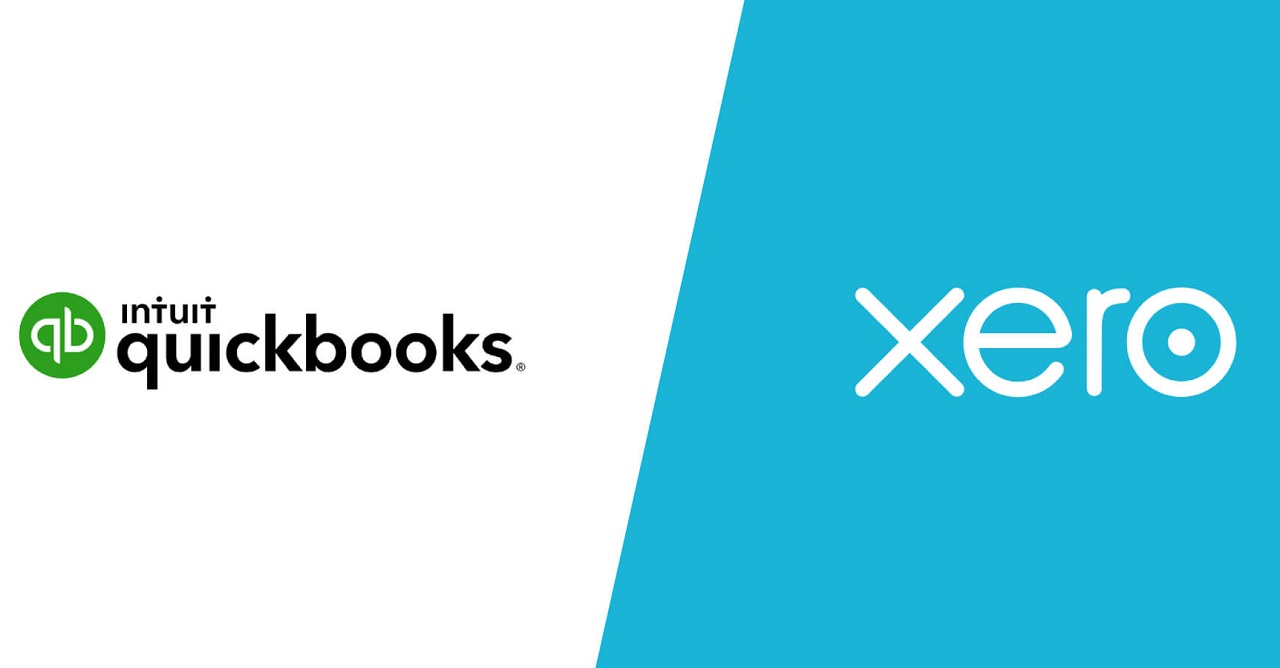Small businesses in Canada need reliable accounting software to help them manage their finances effectively. Two popular options are QuickBooks and Xero. In this article, we will compare and contrast the features, pricing, and user experience of both QuickBooks and Xero to help you decide which one to use.

QuickBooks:
QuickBooks is a cloud-based accounting software designed for small businesses. It offers features such as invoicing, expense tracking, financial reporting, and payroll.
Features: QuickBooks offers a wide range of features that make it a popular option for small businesses in Canada. One of the standout features of QuickBooks is its ease of use. The software is designed to be intuitive, making it easy for users to navigate and find the features they need. Additionally, QuickBooks offers a mobile app that allows users to manage their finances on the go.
Other features of QuickBooks include invoicing, expense tracking, financial reporting, and payroll. QuickBooks also offers integration with over 650 third-party apps, which allows users to customize the software to suit their specific business needs.
Pricing: QuickBooks offers a 30-day free trial, after which users can choose from four pricing plans. The plans start at $10 CAD per month and go up to $60 CAD per month, depending on the features required.
User Experience: QuickBooks has a user-friendly interface, making it easy for small business owners to manage their finances without needing extensive accounting knowledge. The software is designed to be intuitive, making it easy for users to navigate and find the features they need.
Xero:
Xero is a cloud-based accounting software designed for small businesses. It offers features such as invoicing, expense tracking, financial reporting, and payroll.
Features: Xero offers a range of features that make it suitable for small businesses, including invoicing, expense tracking, and financial reporting. One of the standout features of Xero is its integration with over 800 third-party apps, which allows users to customize the software to suit their specific business needs. Xero also offers payroll and HR functions, inventory management, and multi-currency support.
Pricing: Xero offers a 30-day free trial, after which users can choose from three pricing plans. The plans start at $20 CAD per month and go up to $40 CAD per month, depending on the features required.
User Experience: Xero has a sleek and modern interface, which is easy to navigate. The software is designed to be user-friendly and intuitive, making it easy for small business owners to manage their finances without needing extensive accounting knowledge.
Also Read : Bookkeeping Software in Canada: Wave Accounting vs Xero.
Comparison:
Both QuickBooks and Xero offer a range of features that make them suitable for small businesses in Canada. However, there are some key differences between the two.
Firstly, QuickBooks offers a wider range of pricing plans, with options for businesses of all sizes and budgets. Xero, on the other hand, has a simpler pricing structure, with fewer options.
Secondly, QuickBooks has a more established presence in the Canadian market, with a large user base and extensive customer support resources. Xero, on the other hand, is a newer entrant to the Canadian market, with a smaller user base and fewer support resources.
Overall, both QuickBooks and Xero are excellent accounting software options for small businesses in Canada. The choice between the two will ultimately depend on the specific needs and preferences of each individual business. Businesses that require a wider range of pricing plans and more extensive customer support resources may prefer QuickBooks, while those that value simplicity and customization options may prefer Xero.


